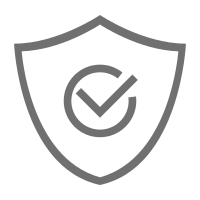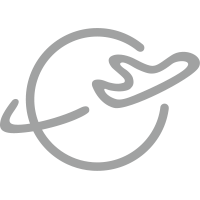By the end of last week, Japan had already reported 196,494 new cases of the potentially deadly SARS-like coronavirus, and that number has been growing at an alarming rate ever since its initial discovery on September 11th. In the past seven days alone, reports of new infections have increased by 194%, and many are now wondering whether the disease will reach pandemic levels before it subsides once again. Here’s what you need to know about this highly contagious virus.
The coronavirus is contracted through contact with respiratory secretions, such as saliva, mucus, or blood, from an infected person. It can also be contracted by touching contaminated surfaces and then touching your face. The virus can live on surfaces for up to 72 hours. The incubation period for the coronavirus is two to 14 days, which means that you can be infected and not show any symptoms for up to two weeks. Symptoms of the coronavirus include fever, coughing, and difficulty breathing. In some cases it may lead to kidney failure, pneumonia, a lung infection called acute respiratory distress syndrome (ARDS), or septic shock. There is no vaccine against the coronavirus yet and treatments are limited.
Japan’s health ministry has said that the new coronavirus is extremely dangerous, as the number of cases in the country has tripled in just one week. As of Monday, there have been 196,494 confirmed cases of the virus and 2,872 deaths. The majority of cases are concentrated in Tokyo, but the virus is quickly spreading to other parts of the country. Hospitals are struggling to keep up with the influx of patients and are running out of supplies. Health authorities are urging citizens to stay home if they feel symptoms such as fever, coughs or runny noses.
Prevention recommendations
The best way to prevent the spread of coronavirus is to:
1) Wash your hands often with soap and water for at least 20 seconds, or use an alcohol-based hand sanitizer if soap and water are not available.
2) Avoid close contact with people who are sick.
3) Stay home when you are sick.
4) Cover your cough or sneeze with a tissue, then throw the tissue in the trash.
5) Avoid touching your eyes, nose or mouth.
6) Disinfect surfaces that may be contaminated with droplets from someone who has been sick.
7) Clean and disinfect clothing or linens that may have been exposed to droplets from someone who has been sick.
Check out n95instock to get your protection mask
1. N95 Mask
2. Surgical N95 Mask
3. KN95 Mask



Great article! It may be worth noting that all the qualities discussed in the video means that N95 “masks” are really respirators—subject to all the OSHA requirements for respirators when used in a workplace, including a fit test and a medical fitness test annually.
Great protection, very helpful.
They work well even over time.